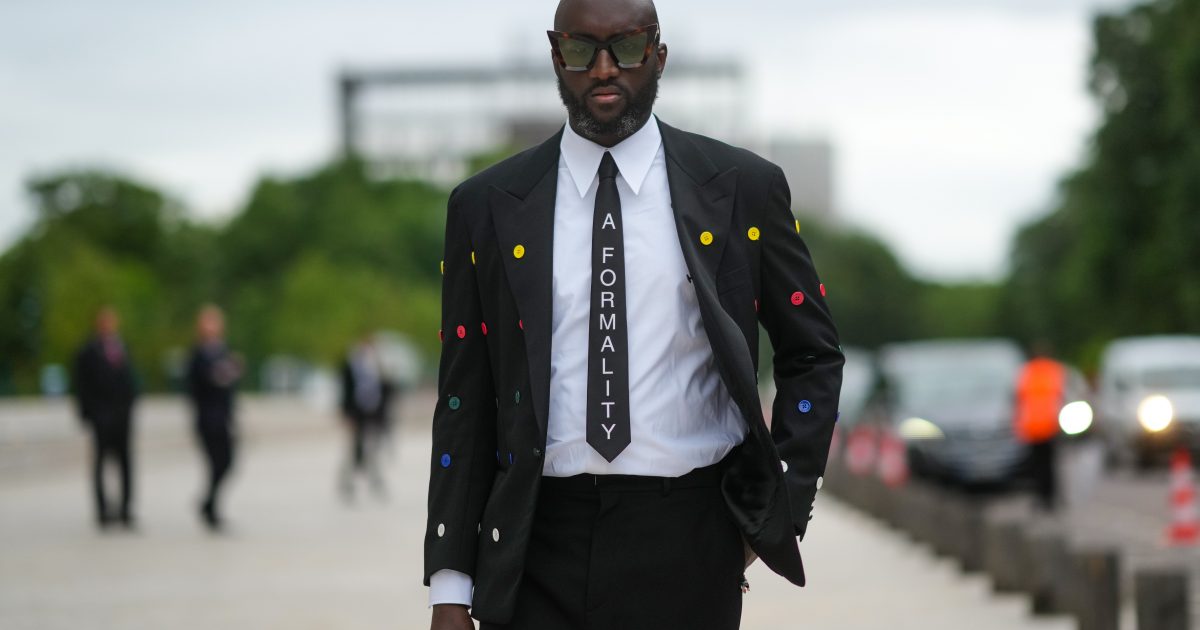Finding Help for Rare Disease
- The passing of Virgil Abloh, the 41-year-old founder of Off White and artistic director of Louis Vuitton, has brought public attention to rare cancers and diseases that do not typically get much air time. So what should you do if you are diagnosed with a rare disease?
- SurvivorNet’s experts have guidance on how to seek out specialized treatment providers. One resource is a website called Clinicaltrials.gov. This database can help you identify doctors who are researching cutting-edge treatments for your disease. More common cancers might not require the same degree of specialized attention, but for rare cancers, finding doctors with specific expertise is essential.
- Other options you may pursue include enrolling in clinical trials, researching companies that are in the process of developing drugs to treat your specific cancer, and investigating the possibility of “compassionate use,” which makes drugs available to some patients before the drugs are officially approved.
Abloh founded the Italian luxury fashion company Off-White and served as the artistic director of Louis Vuitton, and his passing from cardiac angiosarcoma has brought significant attention to these kinds of rare diseases.
Read MoreClinicaltrials.gov
Clinicaltrials.gov is a database maintained by the U.S. government that compiles privately and publicly funded clinical trials conducted around the world. It can be a particularly useful resource for cancer patients with rare conditions as a tool for finding doctors who are experts on their diseases. Dr. Beth Karlan of UCLA Health says that clinical trials may offer life-saving treatments for some people, but they are also extremely important for scientific research.Often, the most specialized doctors in a specific field end up leading clinical trials that push our understanding of diseases forward. By searching your disease on Clinicaltrials.gov, you can find the names of doctors leading these kinds of studies. This tool can help you identify the doctors who are best-qualified to help you.
For example, Virgil Abloh battled a rare form of cancer called cardiac angiosarcoma. Angiosarcoma forms in the lining of blood vessels and lymph vessels, which support your immune system by collecting bacteria and viruses from the body and disposing of them. Searching this disease on Clinicaltrials.gov generates a list of 80 clinical trials, many of which are actively recruiting participants. In each study, the lead researcher will be listed under the heading, "Investigators." Lead researchers in studies on rare diseases are typically doctors who have specialized in the study of that condition.
Academic Centers and Comprehensive Care Centers
For many cancer fighters, community oncology can be a great treatment resource. People with rare cancers, however, may require specialized evaluation. Often, the most effective place to find a specialist is at academic centers and comprehensive care centers.
SurvivorNet spoke with Dr. Kenneth Miller of Mount Sinai Hospital about what differentiates a "comprehensive cancer center" from other treatment providers.
"Pretty much automatically, there's going to be a team approach [to your care]," Dr. Miller said. "Surgical oncology, medical oncology, radiation oncology, and all the support servicesand also wonderful pathology and radiology." Dr. Miller explained that at a comprehensive cancer center, all of these different specialists work together as a team to help you find the best course of treatment for your specific kind of cancer.
"We call it a tumor boarda group to go through all the details of your case… so you get a group of very smart people coming up with a plan together that is hopefully optimal and gives you the best chance of doing well."
One of the greatest cancer researchers of our time, Dr. Steven Rosenberg, says get a second opinion when you are diagnosed with cancer, learn about clinical trials, and options.
Newly-Developed Drugs
There is something of a revolution going on in the development of drugs for rare diseases. The sequencing of the human genome has enabled doctors to take new approaches to treating some of these uncommon conditions. One step you may take after being diagnosed with a rare disease is looking into the drug companies developing drugs to treat your condition.
Compassionate Use and Off-Label Use
Drug companies may be able to help patients enroll in clinical trials, and in some rare cases, they may be able to offer "compassionate use." Compassionate drug use makes a new drug that has not been fully approved available to a patient facing a serious illness. This only typically happens when a patient has exhausted all other treatment options, but it is an important option to understand. Similarly, researching drug companies may be a path to “off-label” drug use. Off-label drug use involves taking a drug that has been approved for treating one condition in the hopes that it may treat another condition that it has not been approved for.
Dr. Mikkael Sekeres explains how Right to Try legislation gives seriously ill people access to drugs that have not yet been approved by the FDA.
Learn more about SurvivorNet's rigorous medical review process.


